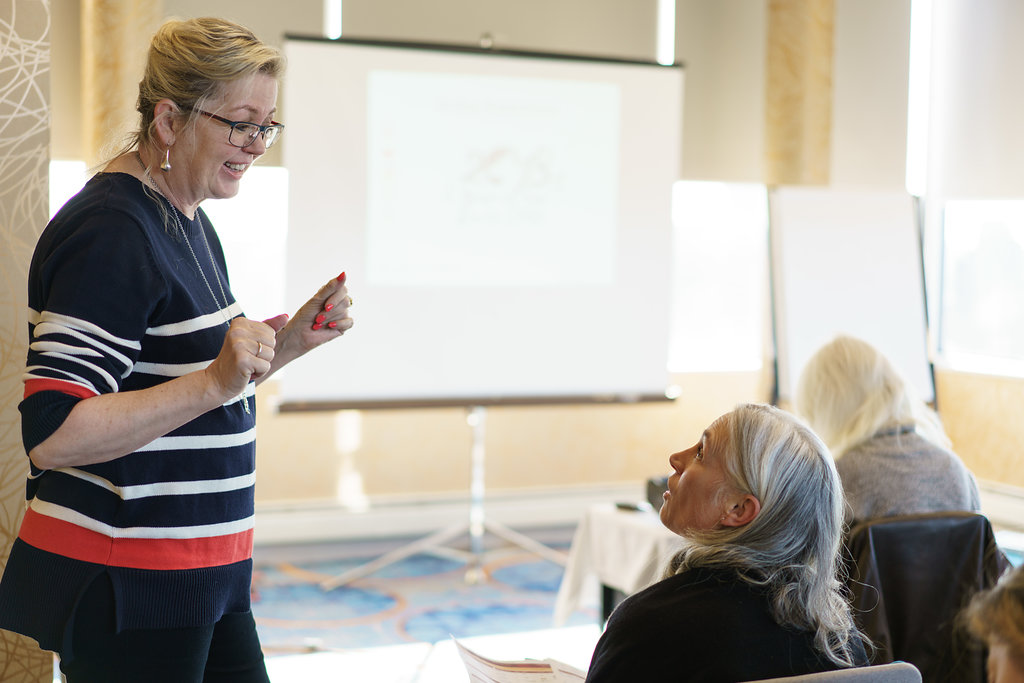Chinese Table Manners: Cradle your Rice Bowl
Asian Cultural Insights and Tips
By Martha Dahlen of http://mdahlen.com
Introduction: The Chinese character for the Tao is translated as “the Way”; it can refer to a “way” of living as well as a perfectly ordinary street. In Chinese culture, the mundane and the esoteric are seamlessly integrated. To truly understand the principles of Taoist astrology and Feng Shui, one must somehow understand Chinese culture. Awareness of these differences will give you greater understanding and comfort in your dealings with the Asian culture, whether in business or eating with your friends in a restaurant or in their homes.
Chinese Table Manners: Cradle Your Rice Bowl
In a typical Chinese meal, you will have rice in your own bowl, and share from dishes served at the center. The best way to hold the rice bowl is with your thumb on the lip of the bowl and your other fingers under it, sort of cradling it in the palm of your hand. Notice that a Chinese typically holds his/her rice bowl close to his chest, with a bent elbow. Comfortable, right? It places the rice bowl close to your chest, almost directly in front of your heart. It also positions the bowl directly under your chin, where it can catch anything that drips or drops from your chopsticks. Notice an important pairing here: Chopsticks and bowls go together. That is, most Chinese people use chopsticks only when eating from a bowl. When eating from a plate, they will use a fork or spoon. (Japanese rice is different because it’s sticky—it sticks together in clumps that can be more easily lifted with chopsticks). Interestingly, when Chinese use a Chinese style-spoon (either porcelain or plastic), they may load the spoon with rice and eat from that as though it were a rice bowl. (N.B. If you don’t enjoy using chopsticks, I recommend that you still hold the rice bowl as described above, and eat from it with a spoon or fork.) In some cases, someone at the table may be serving rice, loading bowls and passing them around. When you are handed a bowl of rice, receive it in both hands, with appreciation and gratitude. Also, if/when you ask for more rice, pass your empty bowl with both hands. If you don’t particularly like rice, you may ask for only half a bowl, but it’s polite to take at least some. In any case, whether full, half-full or empty, cradle your rice bowl as you enjoy your food.



